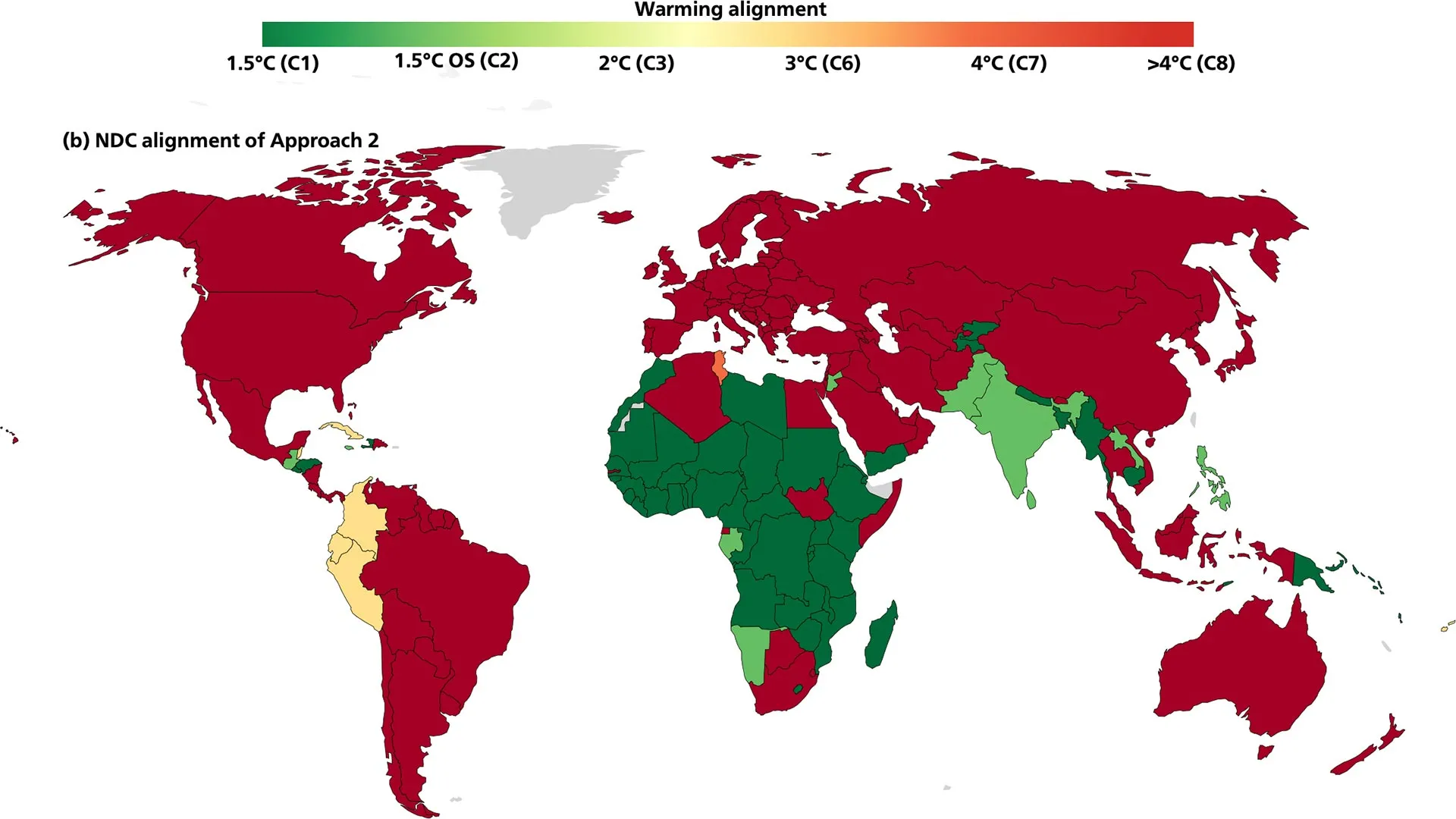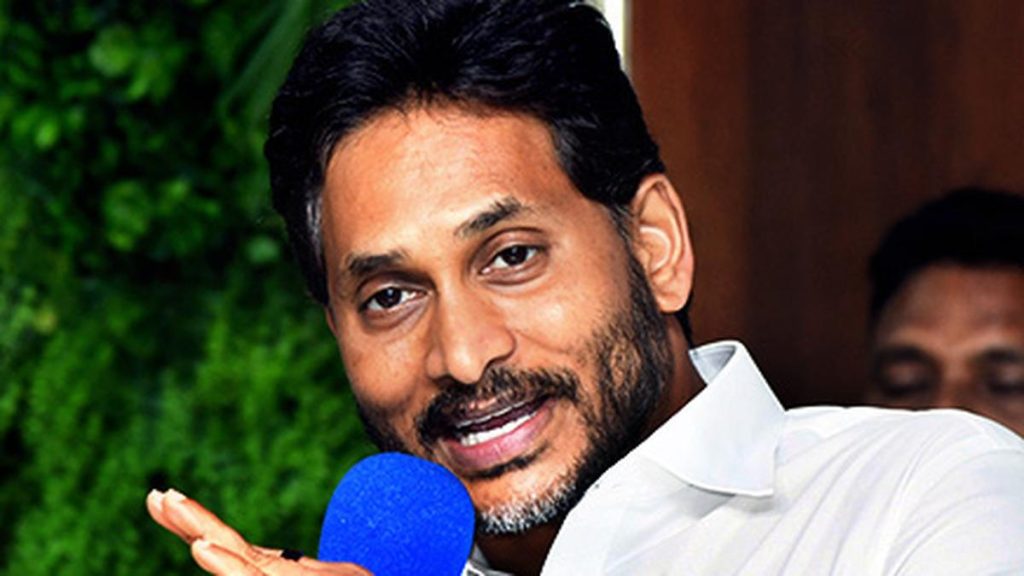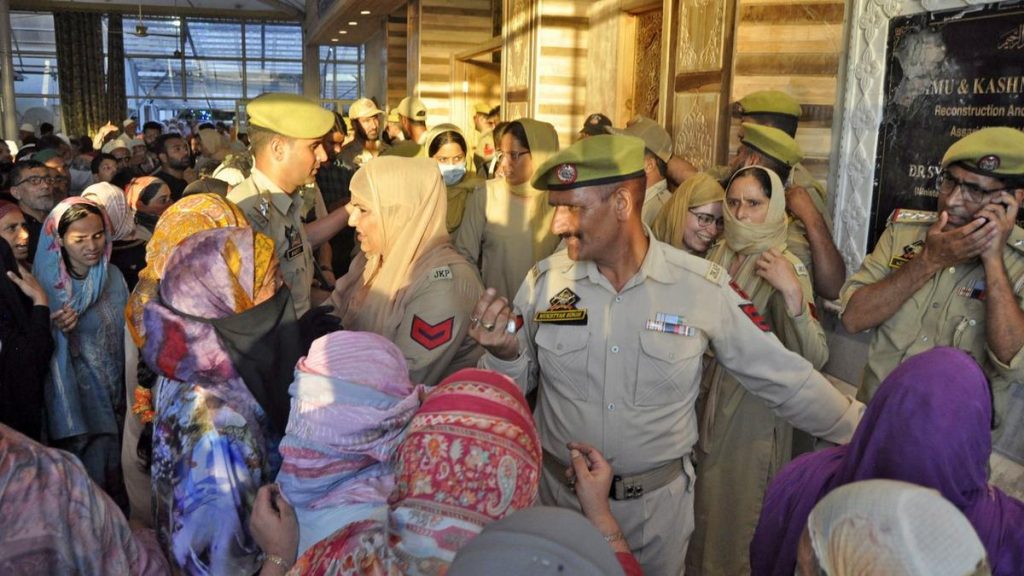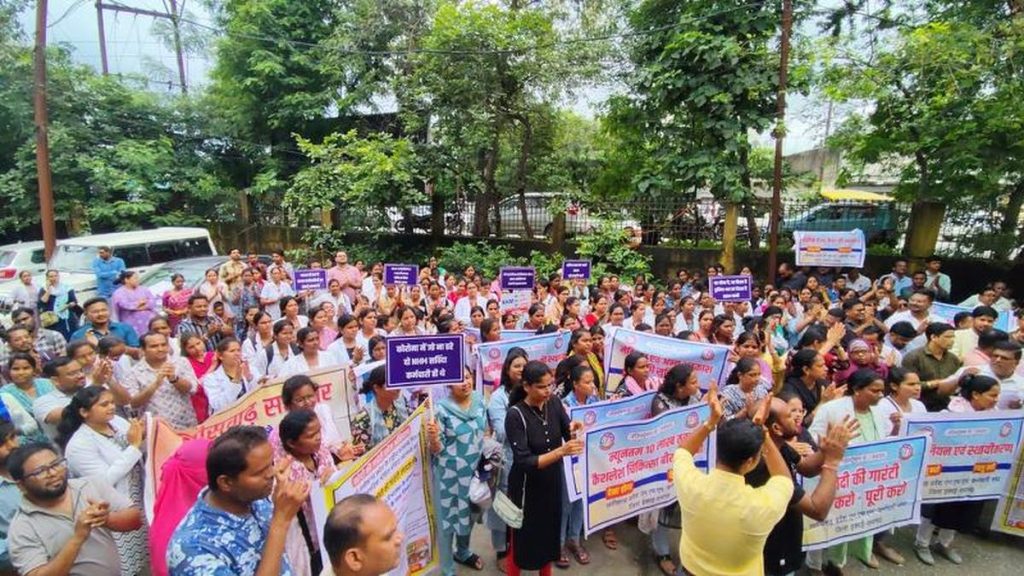Now Reading: How Faulty Carbon Calculations Shield Major Polluters
-
01
How Faulty Carbon Calculations Shield Major Polluters
How Faulty Carbon Calculations Shield Major Polluters

Quick Summary:
- Research Findings: Researchers from Utrecht University found biases in climate ambition and fairness assessments that favored high-emitting nations, putting vulnerable countries at a disadvantage.
- Fair Share Methodology: The proposed method allocates emissions targets based on historical obligation and financial capability, requiring steep immediate cuts from wealthy high-emitting countries like the USA, Australia, Canada, UAE, and Saudi Arabia.
- Implications for Climate Justice: This approach highlights the disproportionate burden on poorer nations caused by delayed actions of developed countries.Mitigation efforts would demand substantial financial support for developing nations.
- Role of Courts in Climate Accountability: Studies like this are pivotal in shaping rulings such as the KlimaSeniorinnen case before the European Court of Human Rights. Courts increasingly rely on fair-share assessments to enforce equitable climate pledges under international law.
Indian Opinion Analysis:
The findings underscore the need for global cooperation grounded in equity to meet climate goals like those outlined in the Paris Agreement. For India-a developing country grappling with its own developmental needs-this research reaffirms how critical finance and support from wealthier nations are to achieve sustainable outcomes globally.Historical responsibility-based frameworks could shield low-income and vulnerable regions (including parts of India) from unjust burdens while demanding proportional action from wealthier emitters.
For policymakers looking ahead, these insights compel India to advocate stronger international mechanisms that ensure fair allocation principles are adhered to. Active participation both diplomatically and judicially may help ensure India’s progress aligns with global objectives without sacrificing national development priorities.

























